The letter from minister Lorna Slater details the steps the government is taking which it hopes will ensure its DRS rollout is successful from day one – including reducing fees, extending deadlines for takeback schemes and clarifying enforcement.
Softer approach
The letter sent today (15 December), comes the day after the Scottish government published the previously exempt gateway review into the system which went before the Scottish parliament in May.
This found that “a fully functioning and compliant DRS cannot be in operation for the revised August 2023 schedule”.
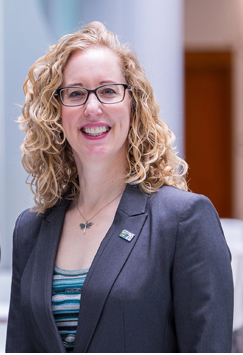
It said the team reviewing the system believes that a ‘softer’ approach to DRS implementation should be pursued but “further urgent activity would be required to consider, assess and agree this possibility”.
A separate previously exempt follow-up assurance of action plan was also published yesterday, after going before parliament in October.
This found that “whilst still retaining significant challenges and threats, the DRS programme has gained increased momentum and is in a much-improved position”.
This second report said successful delivery of a sufficiently functioning scheme “appears feasible for this date, with some degree of subsequent evolution”.
Letter
The letter from Ms Slater outlined how the scheme administrator, Circularity Scotland, the Scottish Government and Zero Waste Scotland is evolving the scheme to meet the targets in the second report.
Ms Slater said in the letter: “I am aware of business concerns on some outstanding issues, particularly given the very significant pressures everyone is facing during the current cost of living crisis. We have committed to a pragmatic approach to implementation, and the action I am setting out today will help to make the scheme more efficient and reduce costs.”
Fees
The first measure is to reduce producer fees and payments producers are required to make on day one, Ms Slater said.
Circularity Scotland has also reviewed the timing of cashflows from producers to the scheme administrator for deposits and the producer fee.
The changes mean producer fees will be 8%, 30% and 40% lower for glass, PET plastic and metal containers respectively. The ‘day one payments’ for producers using UK-wide barcodes will also be reduced by two thirds, from 2.4 months of fees to 3 weeks of fees.
Online takeback
Ms Slater added that she is proposing to bring forward amendments to the regulations “so that initially only the largest grocery supermarkets will be obliged to provide a takeback service; all other businesses will be exempt”.
She added: “In addition, the takeback obligation on those supermarkets will be phased in: we will set a date for takeback to be available to the general public in 2025”.
Compliance
Ms Slater also outlined a softened stance on compliance. Many producers had raised concerns that they won’t have time to meet the deadline and therefore risked non-compliance on day one.
On this, she said, SEPA, with support from Circularity Scotland, is working on a proactive and managed approach towards compliance where there are clearly evidenced operational challenges to industry readiness for go live in August 2023.

She warned however that SEPA has made it clear that it would like to see as many obligated businesses be ready and compliant for DRS next year as possible.
VAT
The issue of VAT is also still to be decided with the UK Government.
“We continue to do all we can to press HM Treasury for a final decision on the treatment of DRS deposits but the issue remains unresolved at this time,” she said.
The circular economy minister also said the government has updated forms to make it easier for small retailers to apply for an exemption.
Delay
It is hoped that these changes will allow Scotland to still meet its August 2023 deadline, while help ease concerns raised by producers in recent months.
An open letter was sent to Ms Slater earlier this year by a string of leading food and drink producers, urging her to delay the proposals





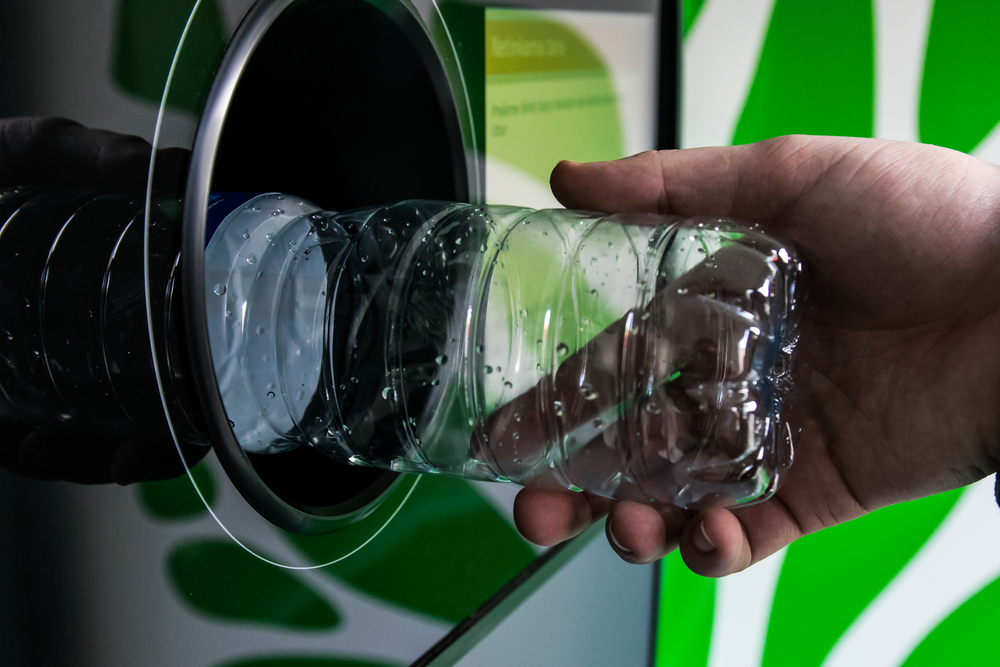
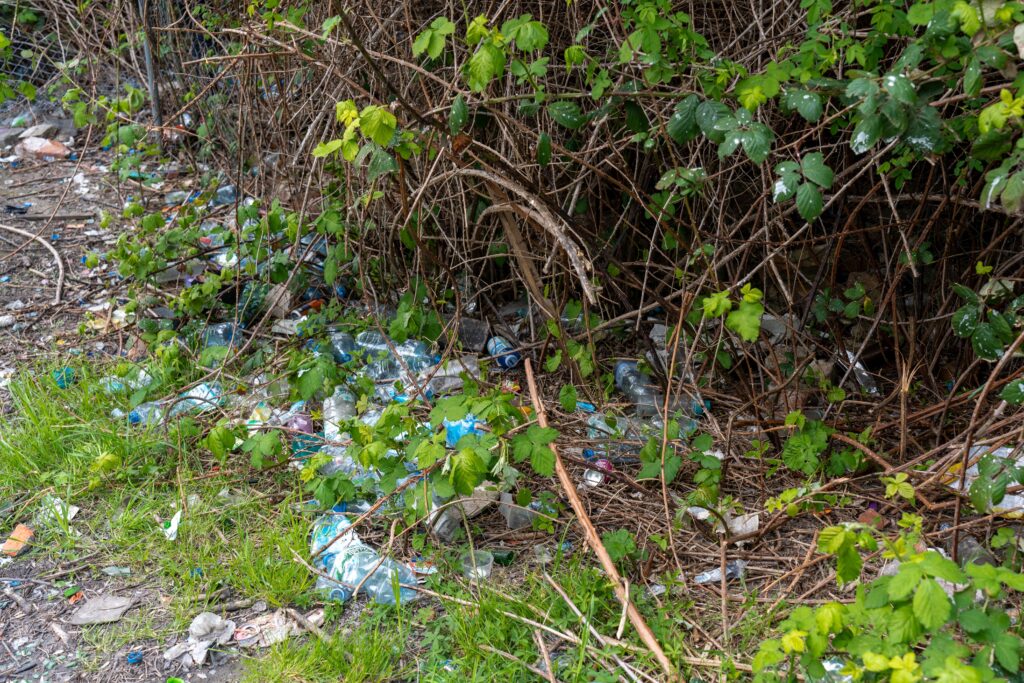
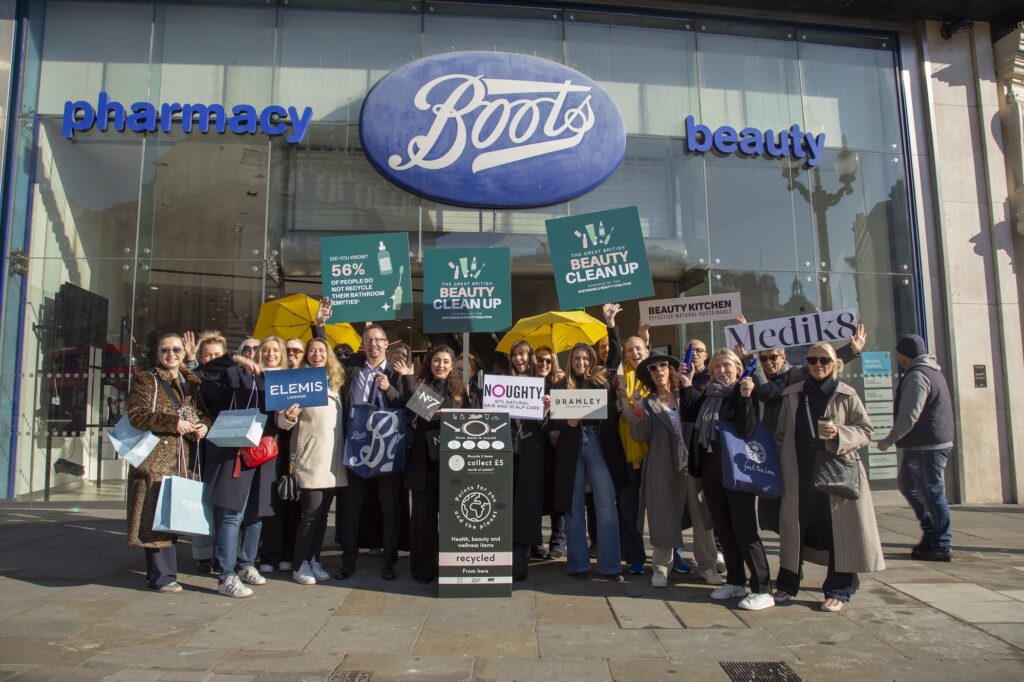
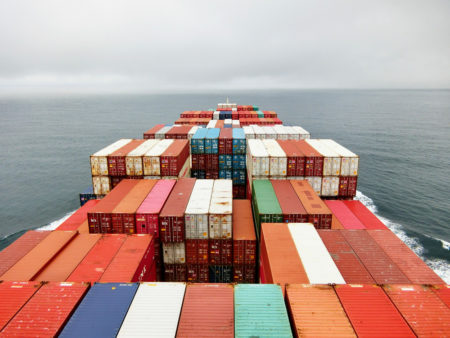


Subscribe for free